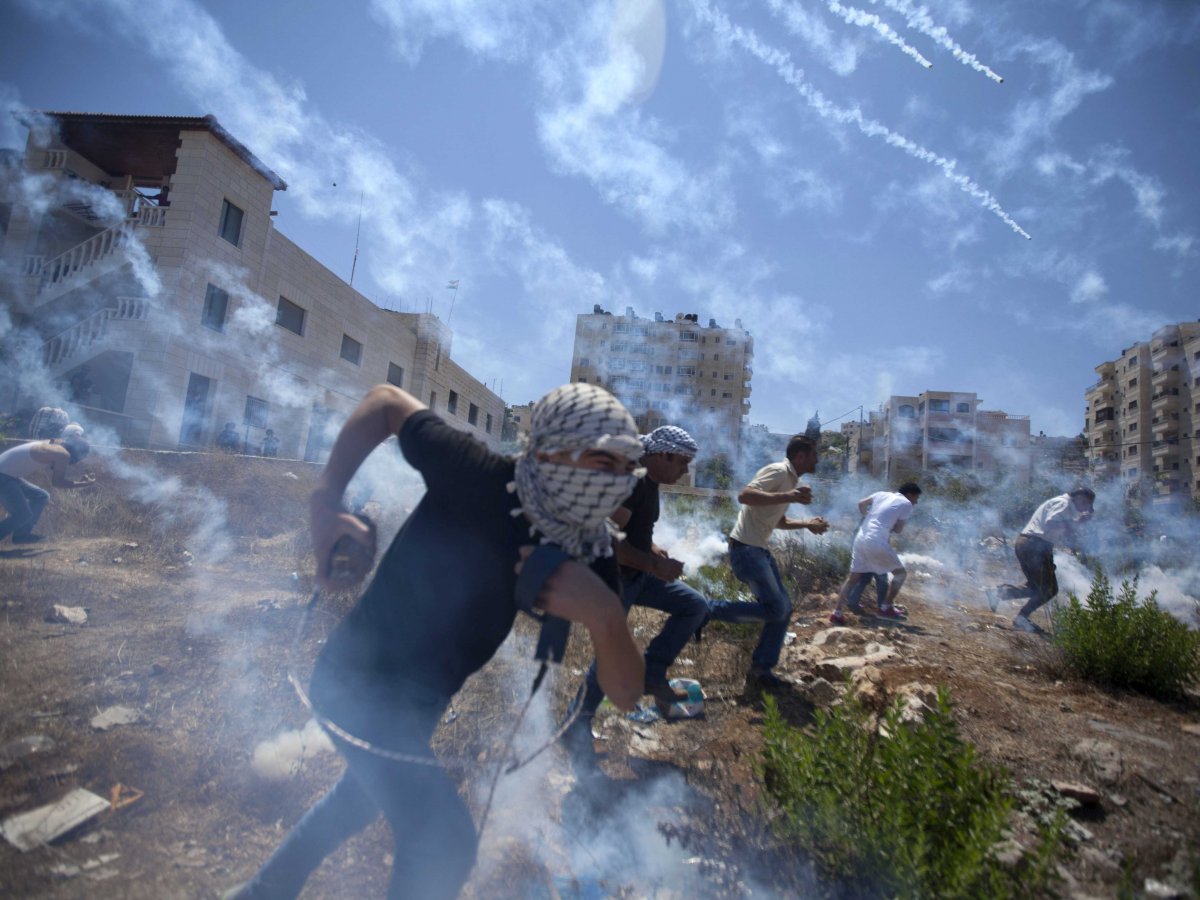What Lies Ahead for Palestine…
Jessica-Ana Rodinson investigates what has happened in Palestine, where we are currently and what lies ahead for the troubled region.
The recent conflict in Gaza can’t have escaped your notice…
The recent conflict in Gaza can’t have escaped your notice, despite the media blackout there’s been a huge response from social media through the hashtag #freepalestine, and protests were held in Bristol, including the occupation on the BBC grounds on Whiteladies Road. What is going on, you may ask. The situation can seem complex as it’s been going on since before we were born.
Here is an unbiased history I’ve put together drawing from the papers of the historians Maxime Rodinson, Ilan Pappé and Yoav Gelber respectively, with all official figures sourced from Wikipedia
The situation can seem complex as it’s been going on since before we were born.
The state of Israel was created in 1948, when the UN tried to introduce a partition plan. This aimed to create two independent Jewish and Arab states, and provide a home for European Jewish refugees following the horrific events of World War II, which saw six million Jews murdered. This plan was rejected by the Arab representatives on the basis the land would be unfairly distributed, and did not reflect the wishes of the public majority. A civil war broke out, resulting in over 700,000 Palestinian Arabs being expelled from their homes in what is known as the Palestinian exodus. Slowly Israel amassed more and more land, today the only territories not under Israeli rule are the Gaza strip and West Bank. Currently Gaza is controlled by Hamas. Unlike their counterparts, the Palestinian Authority, Hamas favour the use of rocket attacks and encourage an Intifada. This had provoked the Israeli Defence Force to attempt to remove Hamas through force many times, culminating in the events of this summer.
On the 26th August 2014, Israel and Hamas agreed to a ceasefire in Gaza, after seven weeks of bloodshed…
On the 26th August 2014, Israel and Hamas agreed to a ceasefire in Gaza, after seven weeks of bloodshed resulting in the death of over 2,000 Gazan, 490 of them children, and 69 Israeli soldiers, five of them civilians. Both sides claimed victory, Israel felt Hamas was weakened, yet Hamas felt fulfilled in repelling Israeli forces from Gaza. Regardless, the overwhelming loss of human life is devastating, which is why our local activity and interest is vital. Political awareness of the people pressurises governments to stop making self-serving decisions, and hopefully begin to act humanely.
With that being said, here’s what’s being done in Bristol to highlight this very controversial issue.
With that being said, here’s what’s being done in Bristol to highlight this very controversial issue.
The Nakba, located just past Broadmead on Broad Street, is a museum of Palestinian culture in Bristol City Centre. It not only serves as a cultural and historical centre for providing information to the general public, but also acts as an embassy, receiving speakers and holding video conferences directly with Gaza and the West Bank.
There is also an annual Palestine Film Festival, which has been running since 2011 at the Watershed. This year it runs from the 28th November to the 16th December. The Festival aims to illustrate Palestinian culture through film and art to deliver a more intimate experience to the audience, while giving exposure to Palestinian filmmakers.
The future for those in occupied territories is uncertain, and it’s dubious as to whether the ceasefire will hold long enough for permanent negotiations to be reached. Hamas and the Palestinian Authority have their own frictions due to differing approaches to Israel. None of the Palestinian requests, such as for a seaport or airport to be opened, have been accepted by Israel, who feel no reason to compromise. Both Hamas and the IDF have violated peace agreements before, and are likely to do so again.
Do you agree with this account of history? Have you been involved in any events? How do you feel the events in Gaza effect you? Let us know: @rifemag

About Rife





